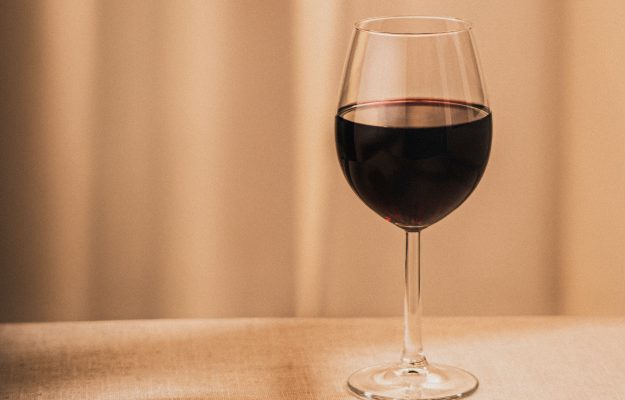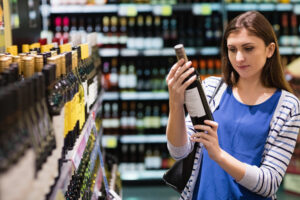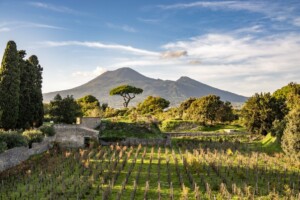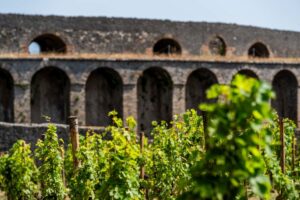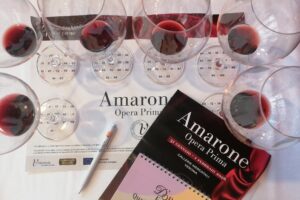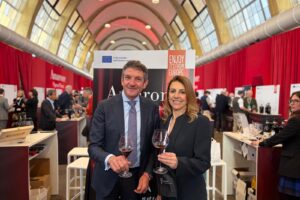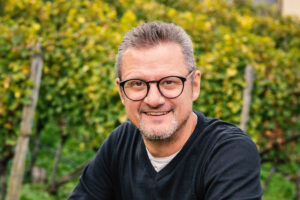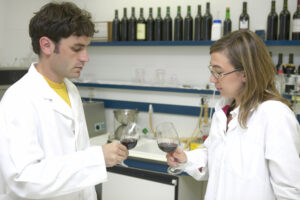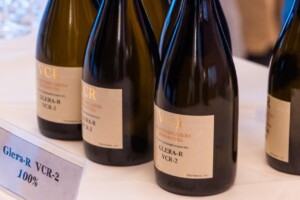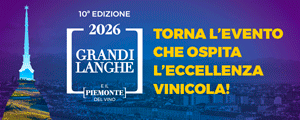Following the raging debate, particularly in Italy, over “health warning” on alcohol labels, without distinguishing between consumption and abuse, which Ireland has decided to introduce internally, with the tacit consent of the EU Commission, despite the contrary opinion of the European Parliament, the front of the opposing countries seems to be widening, which goes well beyond those historic wine producers, such as Italy, France, and Spain which, as announced in recent days by the Minister of Agriculture and Italian Food Sovereignty, Francesco Lollobrigida, were already working to a joint document. According to Ansa, Portugal, Denmark, the Czech Republic, Slovakia, and Hungary would have joined the wine triptych in Brussels in order to put pressure on the EU Commission.
According to agency sources, the sticking point would be skepticism about the “compatibility between internal market rules and the rules that Dublin would like to issue, especially since the Commission has announced EU measures on the subject”. The initiative of the eight countries could materialize in these days, and probably more will be known already today, at the end of the Agriculture and Fisheries Council with the Ministers of the European countries meeting in Brussels, including the Irishman Charlie McConalogue, to whom Lollobrigida himself, as announced in recent days, will symbolically give away a bottle of wine. Meanwhile, the Ministers of Agriculture of France, Marc Fesneau, and that of Spain, Luis Planas Puchade, spoke from Brussels. “Every country has public awareness campaigns emphasizing the importance of consuming alcohol in moderation. We do not believe that adding more is a desirable balance point. The debate will take place. We are rather in the position expressed by the Spanish colleague and by the Italian colleague. We support having a balanced position, and we support the position expressed by a number of countries. “We’ll see what position is reached”, said French Minister Fesnau.
“Ireland’s decision to label alcoholic beverages, including wine, with warnings about alleged health risks is a “family” matter that the EU should resolve internally rather than through the WTO”, Spaniard Luis Planas Puchades stated instead. “It is clear – he added – that we must preserve the single market. We respect the competencies of the Member States in matters of health, but here we are also regulating a market, an agri-food product that is included in annex one of the TFUE (Treaty on the Functioning of the European Union, ed.) as food. We need an approach. We have requested comments from the Commission. We know that some countries are attempting to approach the World Trade Organization: I believe this is a European family issue that must be resolved within the EU”.
A situation, therefore, is developing and is needed to be monitored carefully. But, in the meantime, in addition to politics and the supply chain, contrary opinions from science continue to arrive at the Irish initiative, and in particular at what not everyone, but many, read as an “attack on wine”. And so, after those arrived in recent days, to mention only the latest, from the Italian Society of Toxicology, and those of Dr. Franco Berrino, who, among other things, directed the Department of Preventive and Predictive Medicine of the National Cancer Institute of Milan for years, to mention the latest in chronological order, which we have reported here, also comes the words of Sima, the Italian Society of Environmental Medicine, a company born in 2015 in Milan, today present with representations in seven Italian regions, as well as in Belgium, Austria, Spain, the UK and the USA “known internationally for its profuse commitment to scientific research on air and water quality, the epidemiology and costs of pathologies from environmental exposure, the risk Radon and asbestos and the primary prevention of cancer, especially in the pediatric field”.
“The current attack on Italian wine has nothing to do with science, as evidenced by the official numbers of research institutes. It is not clear why wanting to tackle the problem of carcinogenicity of ethanol - explains the president of Sima, Alessandro Miani - and hypocritically hiding the fine particles under the carpet that populate the daily life of our cities, with the European Agency for the Environment (Eea) which, in the latest Report on Air Quality, expressly mentioned the Po Valley as one of the places with the most unhealthy air in Europe. And to think that atmospheric particulate matter (fine dust, PM10, PM2.5, and so on) is responsible for over 400,000 premature deaths in Europe each year, with Italy leading the way with 80,000 deaths per year, which is more than four times the number of deaths caused by alcohol consumption which causes, according to data from the Istituto Superiore di Sanità, about 17,000 deaths a year in Italy between cirrhosis of the liver, tumors, cardiovascular diseases and road accidents related to drinking. This is not to minimize the problem of alcohol, which – adds Miani - must be addressed not so much by attacking Italian wine production as by contrast, for example, the increasingly widespread consumption of spirits, particularly among the very young. According to Istat data, spirits are on the rise and account for the vast majority of alcoholic beverages consumed by the very young. What is needed, if anything, is a genuine campaign against young people’s alcohol consumption, keeping in mind that the leading cause of death among our children aged 14 to 24 is not cancer, but alcohol-related traffic accidents”.
Copyright © 2000/2026
Contatti: info@winenews.it
Seguici anche su Twitter: @WineNewsIt
Seguici anche su Facebook: @winenewsit
Questo articolo è tratto dall'archivio di WineNews - Tutti i diritti riservati - Copyright © 2000/2026










